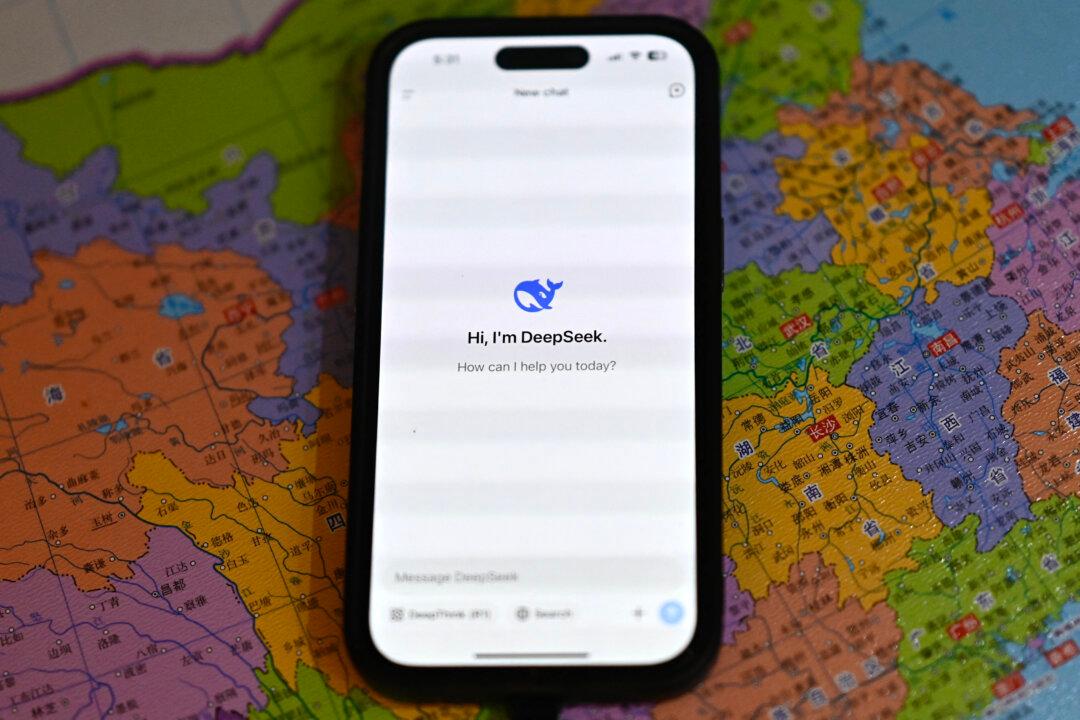Canada has banned the Chinese artificial intelligence application DeepSeek from government devices over “serious privacy concerns,” aligning with similar restrictions introduced by allied nations.
Chief Information Officer of Canada Dominic Rochon announced the Chinese chatbot ban in a Feb. 6 email directive to federal departments, noting that the measure has already been implemented by Shared Services Canada, which manages government IT infrastructure.





